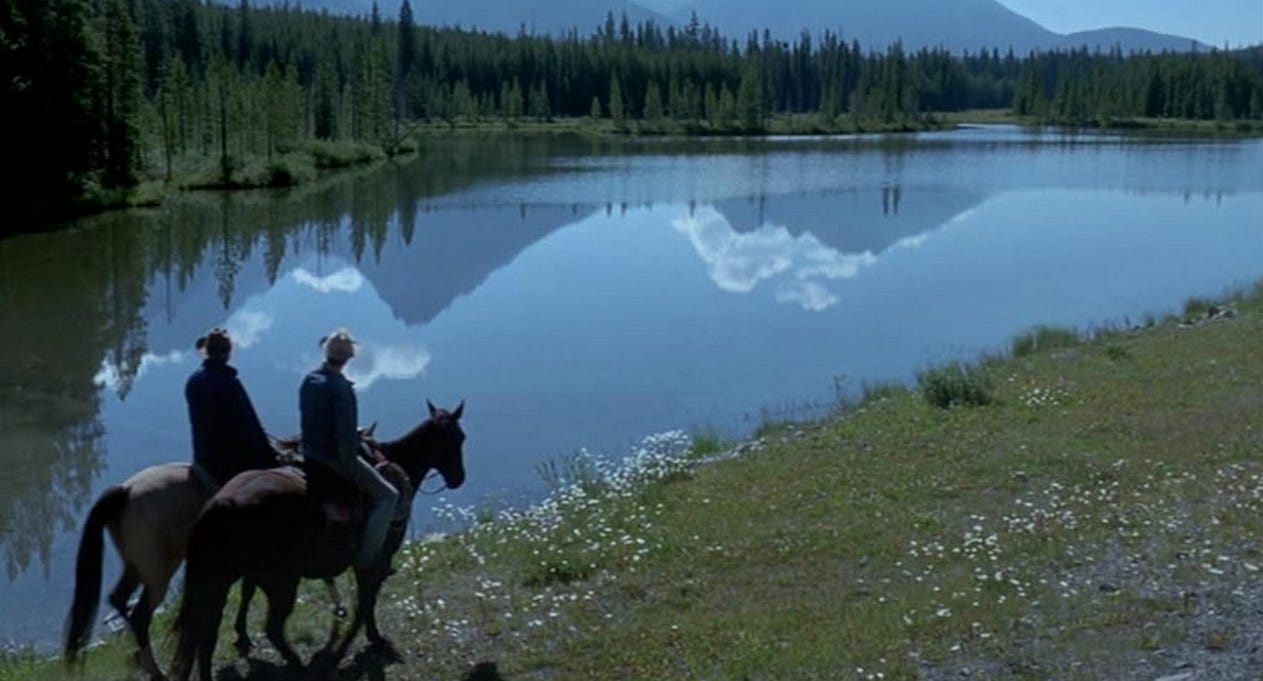‘Brokeback Mountain’ Is a Time Capsule of Culture at 20 Years Old
Two decades after its release, Ang Lee’s film stands as an important part of LGBTQ+ film history
Watching movies on an airplane can be a mixed experience. On one hand, when confined to a seat for extended periods of time, we’re captive viewers by definition. Without a window seat at our disposal, it’s a hard truth of the sky that we can either tirelessly stare down the seat in front of us or watch Meet the Fockers.
But there’s somethin…
Keep reading with a 7-day free trial
Subscribe to The Gen Z Report to keep reading this post and get 7 days of free access to the full post archives.


